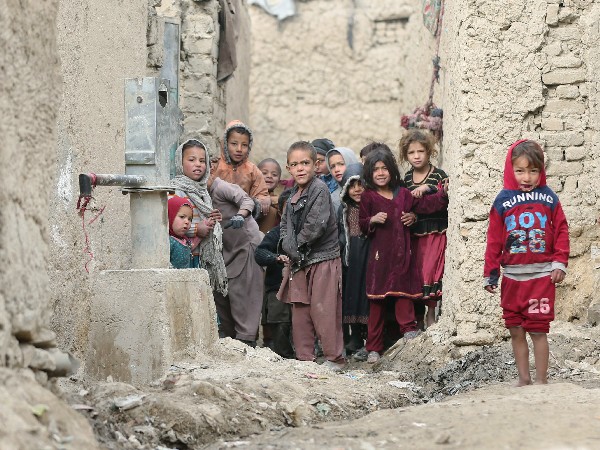

In a recent cholera-like outbreak in Afghanistan, a spokesman for the Ministry of Public Health, Sharafat Zaman said that over 100 cases of the disease have been recorded in the provinces of Helmand and Kandahar and that more than 15 people have died as a result of severe cholera in Helmand province alone, Tolo News reported.
Health officials said that this disease, which causes severe diarrhoea and nausea, has been spreading in the small villages of Dasht, Giro Joy, Tak, Shina, and other areas for the past week or so.
A health official in Daikundi province, Sayed Ishaq Hosseini said, “The cholera-like disease, which has severe diarrhoea and vomiting as symptoms, has spread from 6th July in the border region between the Baghran district in Helmand and Nawa Mesh district in Daikundi province. In Helmand and Daikundi provinces, in central and southern Afghanistan, the cholera outbreak has recently killed 11 people in the districts of Nawa Mesh and Baghran.”
“In the course of three days, Daikundi’s medical teams identified and hospitalized more than 400 people, who contracted the disease,” he added.
He said that four medical teams from the districts of Kajran, Kiti, and Daikundi provincial capital have been dispatched to the area in order to reach the affected areas and attend to the patients, Khama Press reported.
Local Taliban officials confirmed that around 590 people have been diagnosed with the disease in the province of Helmand’s Baghran district. According to the Taliban’s director of information and culture in Helmand, Hafiz Rashid Helmandi, 80 people contracted this disease on Wednesday.
Meanwhile, physicians in a hospital in Kabul said that more than 100 patients come to the hospital every day, and they added that lack of access to clean water and healthy food are among the reasons that this disease surged, Tolo News reported.
They said that the cases of diarrhoea have surged with the change in weather.
“Every day around 100 patients who are infected with severe diarrhoea come to the hospital, there are men and women among the patients, we are trying to treat them all, but the number is increasing day by day,” said Faridullah Omari, a physician at Kabul’s Antani Hospital.
“One day before Eid, we had 21 cases, on the first day of Eid 28 cases of severe diarrhoea were recorded, on the second day of Eid 35 cases were recorded and on the third day of Eid 37 cases were recorded in the hospital,” said Farida Qadri, another physician at Kabul’s Antani Hospital.
However, a number of patients who came to the hospital for treatment said that the rise in the disease is due to economic problems, Tolo News reported.
Cholera is a highly infectious disease caused by consuming food or drinking water having certain bacteria. It causes severe diarrhoea and vomiting, which causes dehydration and can lead to death within a few hours if left untreated.
According to the World Health Organisation, “Cholera remains a global threat to public health and is an indicator of inequity and lack of social development.”
The spread of cholera had earlier threatened the Afghan people who continued to deal with the aftermath of the recent 5.9-magnitude earthquake in Afghanistan, and now the unknown disease has also become a concern.
Afghanistan is also grappling with a serious humanitarian crisis as according to international assessments, the country now has the highest number of people in emergency food insecurity in the world, with more than 23 million in need of assistance, and approximately 95 per cent of the population having insufficient food consumption.